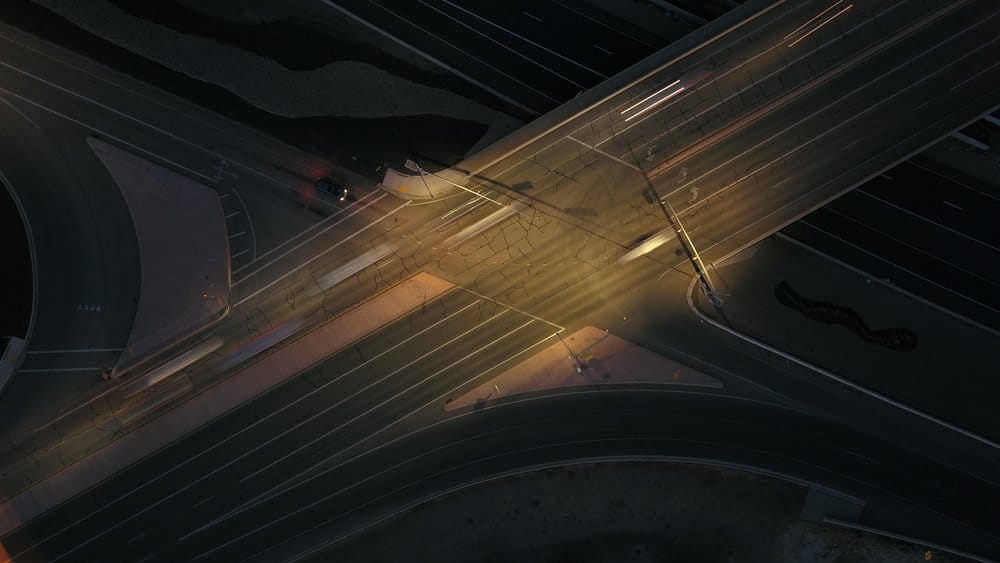
Tiger Spider, a transport engineering consultancy from Australia, specializing in heavy commercial and high productivity freight vehicles is looking to contribute towards an efficient freight transport system that is devoid of deaths or injuries on the road. To achieve this, the company works closely with the governments and transport associations to implement better policies and technologies by removing regulatory and economic barriers to it.
“We have developed software platforms for designing and assessing truck and trailers. In Australia, we have the scheme where we can get vehicle concepts on the road – which are practically longer, heavier truck and trailer combinations outside of prescribed limits,” said Marcus Coleman, Managing Director of Tiger Spider.
Tiger Global sets up a performance standard that can be used to assess the vehicle by initially propping up a virtual prototype through computer simulations. The vehicle is modeled by a series of tests to see if the vehicle can navigate traffic effectively, if there is a lower risk of rolling over, and if the vehicle is dynamically stable in the event of it having multiple trailers.
In the process of developing the software platform, Tiger Global engages with various manufacturers and component suppliers like axle and suspension, and engine transmission parts – systems that can supply and share their data with truck and trailer OEMs. “These companies would want to protect their IT while being able to share technical information more conveniently which leads to our interest in blockchain,” said Coleman.
Coleman contended that blockchain’s possibility of creating an immutable record would be critical to recording and assessing data, making it a vital resource in the development of Tiger Spider’s application.
“Another use case that creates a lot of interest in Australia, particularly with the brake system suppliers, is the idea of having genuine replacement parts,” he said. “There are a whole lot of counterfeit parts that are traded and imported from overseas, which can be a safety issue. Customers cannot be aware that they are not buying genuine products – whether it is a brake pad lining or wheel bearing – or any sort of component that you could put on a truck. So, it is interesting to try and stop that using blockchain.”
Blockchain as a technology could prove useful across different verticals, believed Coleman. “If you are paying $200 for a kilo of steak in Australia, you would want to get the right thing and not a cheaper version of the Chinese steak. There is motivation there for the purchaser – scan the QR code, check it against the web base and say it is a kosher product for example,” he said.
Data standardization is a topic that is making waves across the transportation world, and it is not an exception down under. “In Australia, we get trucks and trailers from all over the world. We have got quite a mixture – we get trucks imported from Europe, U.S., and Japan. I think we are really unique because I think in the U.S., they mainly have U.S. trucks and not too many European manufactured trucks, and the same is true in Europe,” said Coleman.
This could lead to issues with different data standards. For example, with data loggers, third-party systems’ interoperability, fleet management systems or telematics, and even with some of the more advanced IT technologies. “You have got a different interpolation with every manufacturing, as there isn’t good consistency between European, American and Japanese trucks,” said Coleman.
The idea here is not to reinvent the wheel, but to develop standards that can align well across transportation networks in different countries. Coleman insisted that though standards that are developed in the U.S. and Europe are different, there fundamentally were more similarities than differences. Then again, importing the latest technology to fit on the truck might not be currently feasible in Australia, as the country is in need of certain requirements that could only be met by local suppliers, which ends up rising costs.
The answer is to have standards that are consistent and flexible to the local environments, concluded Coleman. “I think we do have very efficient vehicles in Australia and we can help export some of that knowledge to the rest of the world. Having standards in its consistent form and providing flexibility in some of the stuff we do over here, can hopefully open up a similar sort of thinking in other parts of the world,” he said.
Stay up-to-date with the latest commentary and insights on FreightTech and the impact to the markets by subscribing.










